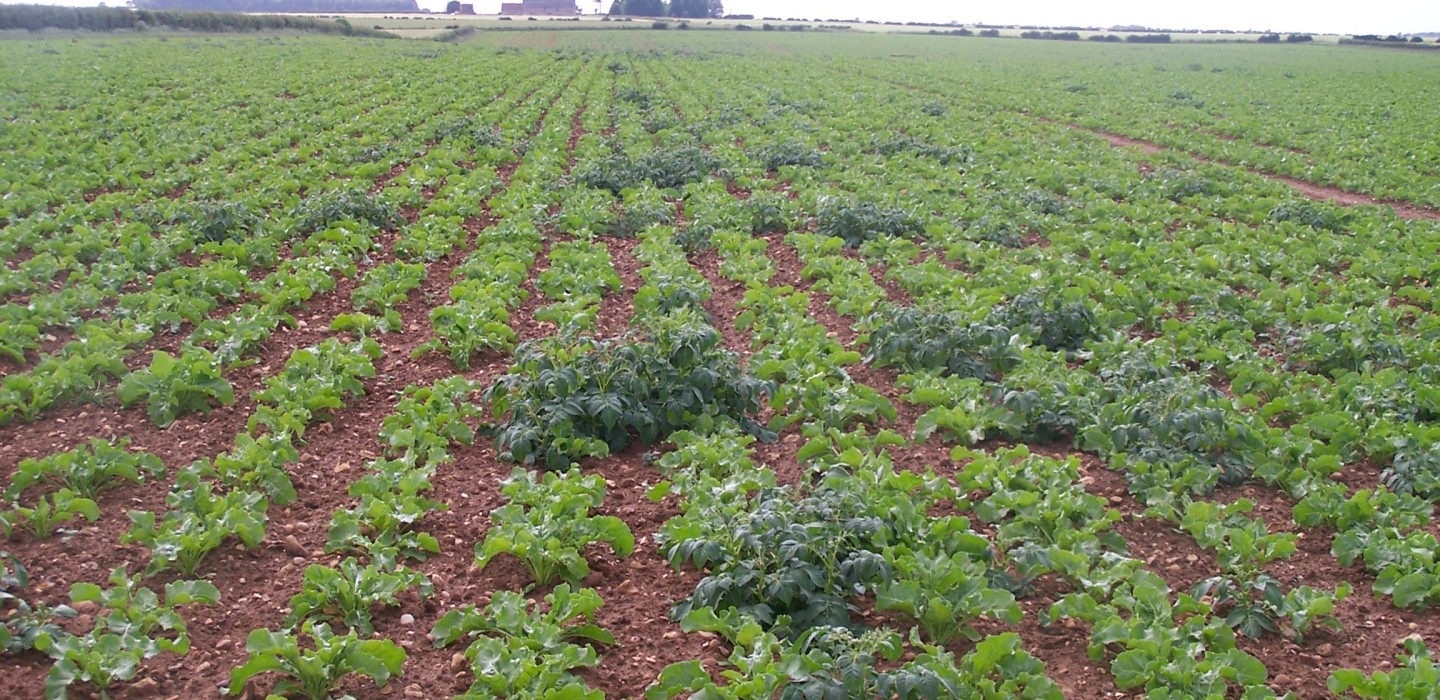
26 Mar Volunteer Potato Management
Posted at 20:01h
in Recent News
2018 was a tough harvest season for PEI potato growers, particularly related to the number of unharvested acres of potatoes. As a result, we wanted to share some information with you regarding management of volunteer potatoes.
Volunteer Potato Management (PDF)
At the link above, Gavin Graham from the NB Department of Agriculture reviews some herbicide testing they did in New Brunswick looking at volunteer management. From this work, it appears that glyphosate (Round-Up) is the most effective herbicide tool for controlling volunteers.
A few other points to consider:
- It might be prudent to dig into a few rows of unharvested acres from 2018 this spring to visually assess the amount of unharvested tubers that are breaking down due to frost/thaw cycles over winter. If you note a significant number of intact tubers, it will likely necessitate additional management steps.
- For large acreages of unharvested acres, both risk of volunteers as well as a significant amount of leftover nutrients may need to be managed. One option is to perform a tillage pass to work up the soil and let any viable tuber germinate in late May/early June. These can then be sprayed with glyphosate at an early stage of emergence.
- Following this, fields could be seeded to a fast-growing forage crop like sorghum sudangrass to shade out any remaining potatoes. Buckwheat may also be a suitable option.
- Colorado potato beetles should effectively control small numbers of volunteers. However, don’t rely on Colorado potato beetles to manage large volunteer populations, as it will serve to multiply populations of these pests in rotation years, increasing the risk of damage in future potato crops.
- One of the main reasons to control volunteer potatoes is to reduce the risk of inoculum of PVY virus (spread by aphids) and late blight.
If you have any additional questions, please feel free to reach out to me to discuss!
Ryan
(Image courtesy uk.dowagro.com)
